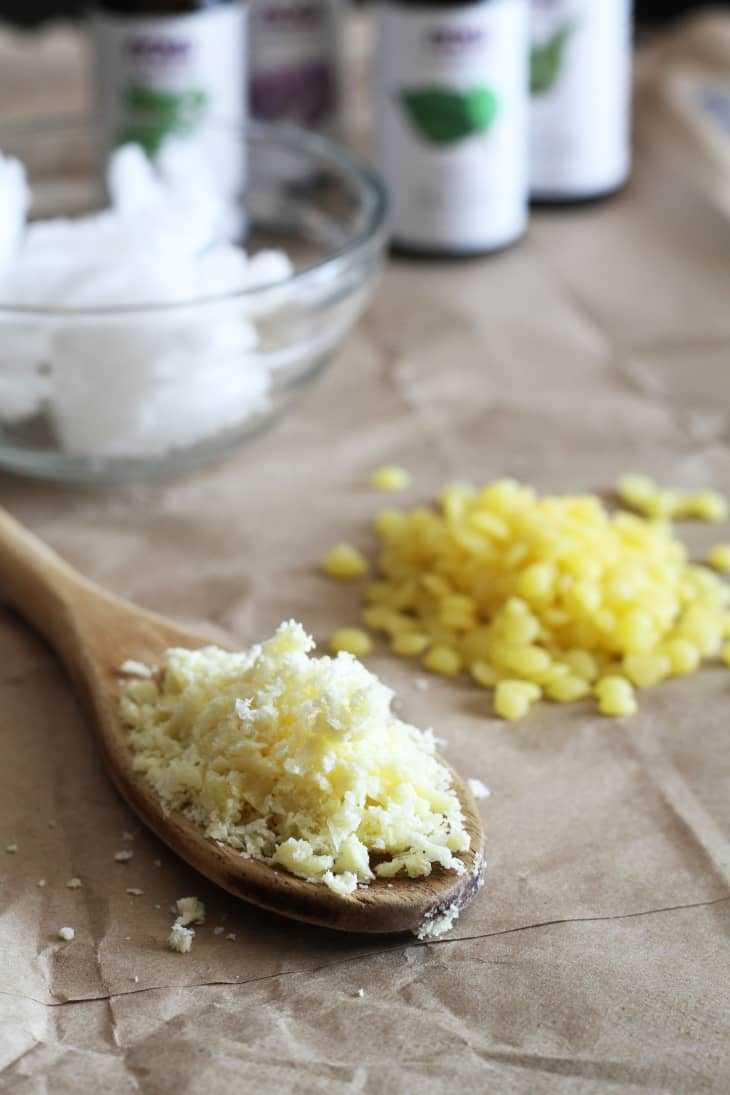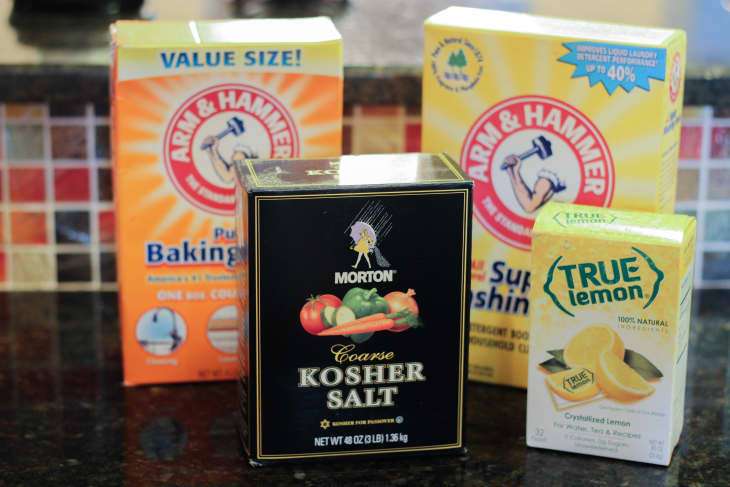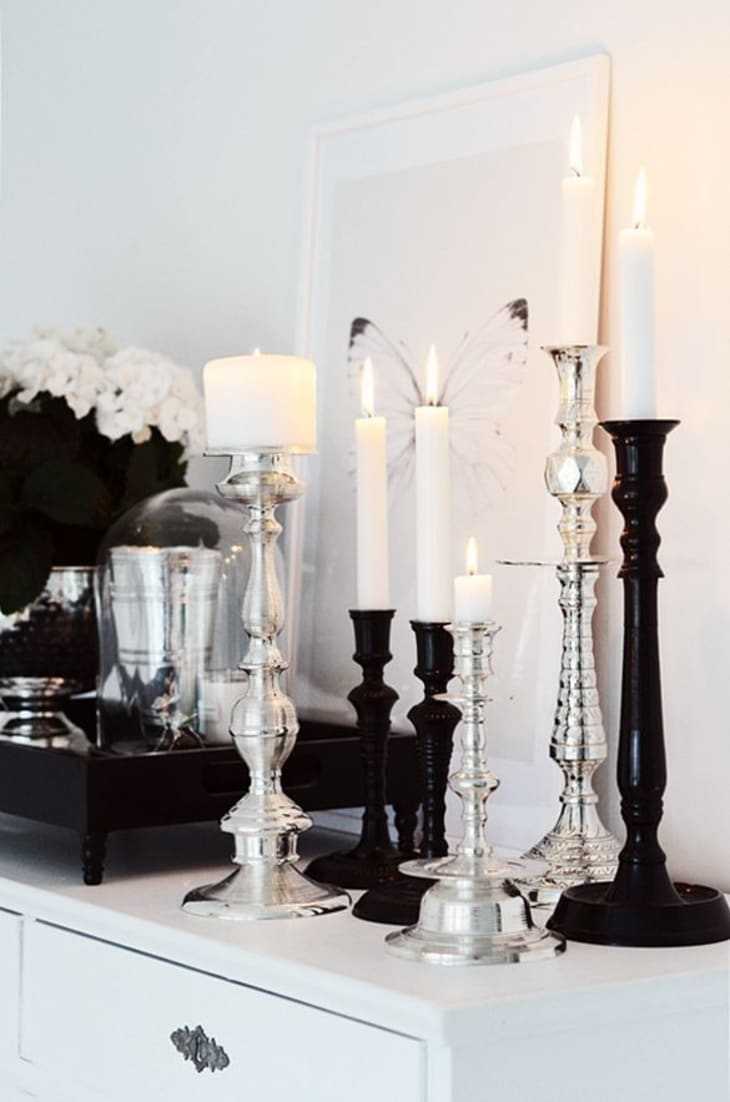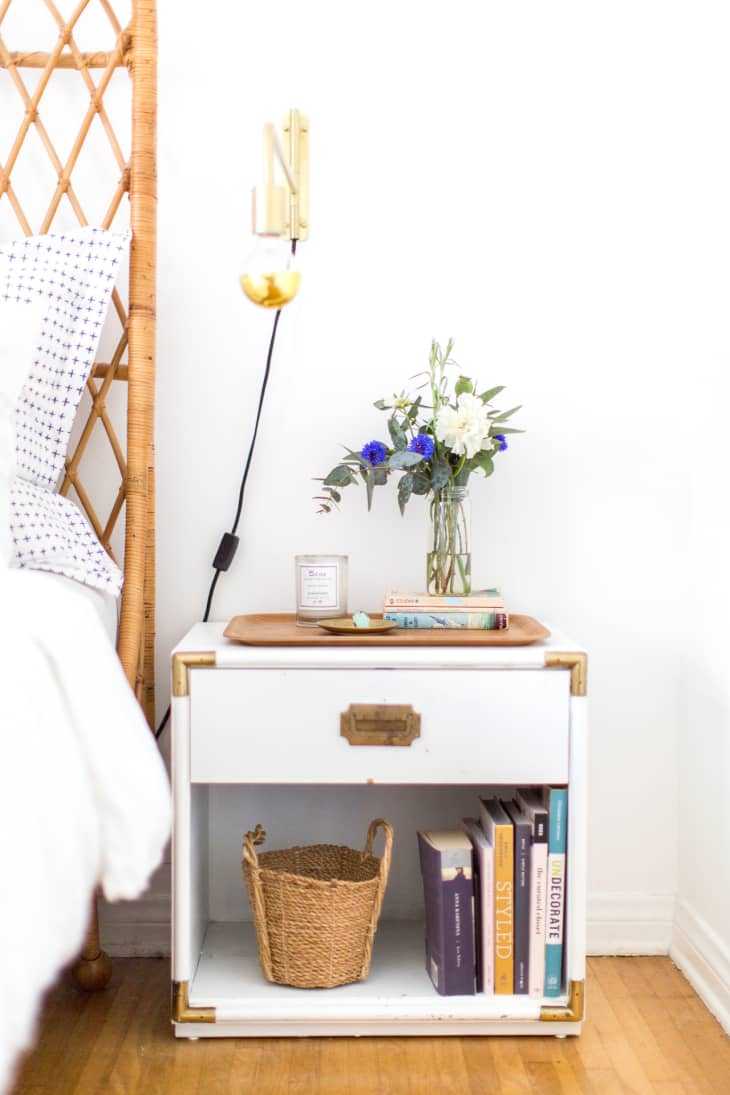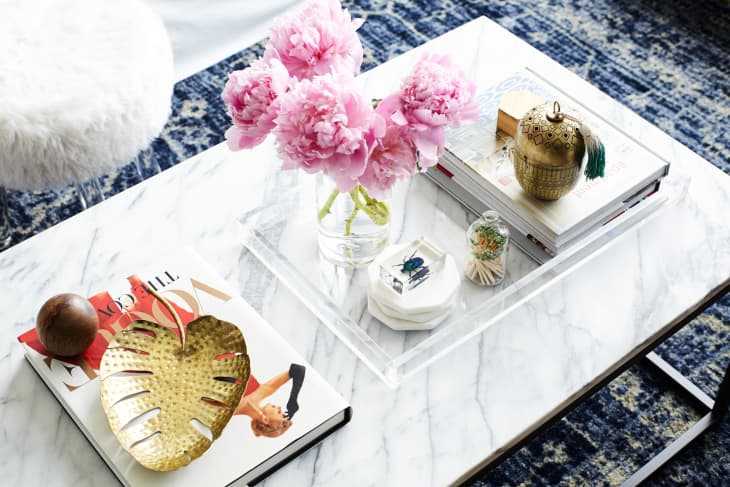It’s easy to forget that plants are alive—for many of us, bringing a potted plant or a bouquet of flowers home is no different than bringing home a bag of groceries. But plant ethicists would argue that it should be: The plant kingdom would benefit if we put a bit more thought into buying a Monstera , considering factors like the environment and, in this case, the actual plant.
Dr. Elizabeth van Volkenburgh , a professor of plant biology at the University of Washington, says this simple perspective tweak could protect vulnerable ecosystems.
“The plant kingdom has even more organisms in it than the animal kingdom, so it’s worth stopping and recognizing that we as humans are part of a greater collection of organisms on earth,” she says.
Wondering how you can be a better caretaker to plants , and along the way, an advocate for the environment? Here’s what Van Volkenburgh had to say about plant ethics for the garden-variety plant parent.
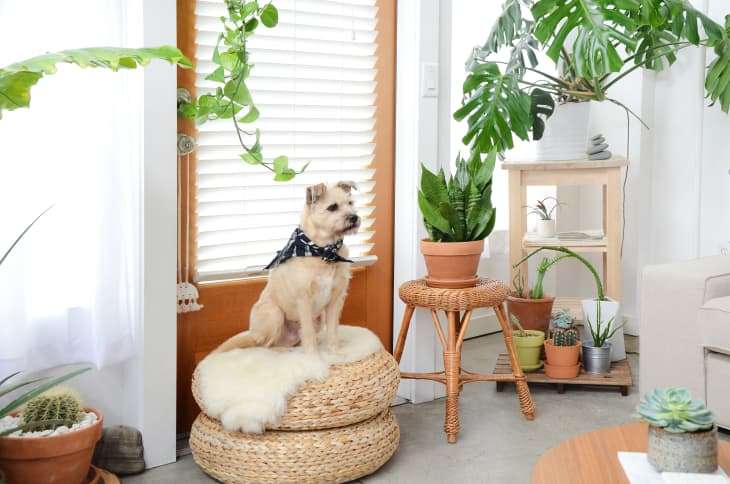
Is having a plant like having a pet?
The first thing to know: Plants aren’t like groceries, but they’re not exactly like pets, either. While plants do have their own nervous systems and can even perceive pain (though not quite in the same way we do), that’s not the main reason to think twice before taking a Fiddle Leaf Fig home with you. The ethics of plants has more to do with protecting the ecosystems a plant came from.
Van Volkenburgh says unlike animals, who function as individuals, plants generally operate as populations. That means when you bring a plant home, you’re affecting its entire environment. “Plant organisms aren’t quite as independent as animals; when you have a plant, it’s part of something that’s larger in the wild,” she says.
When people cut plants to sell them, they’re taking them from their natural habitats and could be endangering the life of that species, and potentially other plants in the wild. For example, she says bromeliads, a type of air plant, are endangered—yet they’re being ripped out of forests to sell.
To be ethical, Volkenburgh recommends considering how a plant was sourced—and if it’s endangered —before bringing it home, much like you might when you buy food.
If the plant is brought in from the wild, it’s best to buy it from a source that re-plants and farms them. For example, Van Volkenburgh says it’s popular to hunt for wild mushrooms in the state of Washington, which could cause them to be endangered. Instead, she says it’s better to bring in a plant species and develop a farm around it so they can continue to grow. “If we over source plants, then the ecology of the place they are growing is changed and harmed,” she says. Read more: Do Plants Feel Pain? Well, Kind Of
Is it OK to bring tropical plants into a non-tropical environment?
Some of the most common houseplants come from tropical environments—a climate that makes up the minority of the United States. So what does that mean for aspiring plant parents who live in, say, the snowy midwest?
Van Volkenburgh says as long as the plants are sourced ethically—and the process isn’t endangering wild nature—it’s fine to keep tropical plants at home. Why? Caring for a beautiful plant could inspire people to become more interested in the plant kingdom as a whole! “What these tropical plants do for humans is make them feel good, and also grow their respect or interest in plants,” she says. Read more: Here’s Your A-to-Z Guide to Common Houseplants
Should I stop buying plants if mine keep dying?
What if your plants just aren’t happy at home ? Is it ethical to keep them around, or to keep buying them? Van Volkenburgh says it’s not so black and white.
While your plant will definitely experience stress if you don’t water it for two weeks, it’s not as though your plant feels thirsty. And if you go out of town for two weeks, your plant won’t notice you’re gone. “I don’t think plants care about humans at all, but plants in pots in your living room depend on you to care for them so they can thrive,” van Volkenburgh says. “When plants don’t thrive, it’s a physiological response to not having resources they need.”
While giving your plants the water, sunlight, and nutrition they need may end with a dead plant, that’s not an automatic death sentence on your dreams of a green thumb. Van Volkenburgh says taking care of a plant—figuring out why the leaves keep turning yellow or the optimal amount of sunlight—can be a good exercise in developing a green thumb, with minimal risk to the plant population in general.
“A lot of people bring plants home because they want to take care of something, but that discipline only grows if you do it,” she says. “If you have a plant for a week and then abandon what you were taking care of, maybe you shouldn’t get another one. It’s more of a discipline for oneself.”
How can I be a more ethical plant parent?
A basic understanding of plant ecology is the first step, if it’ll get you to stop and think before you impulse buy a potted plant at the grocery store. Before you bring a plant home, van Volkenburgh recommends Googling the species to find out if it’s endangered or shouldn’t be harvested from the wild. If you go to a well-respected local garden store, the employees should be able to help you understand the source where a given plant came from.
And if you have a slow start to the whole plant-parenting thing, don’t get discouraged: That you care about your plants at all is a very good sign. Van Volkenburgh tells a story of a student who took a plant home and became discouraged it wasn’t thriving. “I suggested putting it in more light, and the plant responded well, and the student was glowing,” she says. “It was more about his emotions than the plants. They just need their water and light.”
If you want to learn more about caring for houseplants, check out the frequently asked questions in What to Expect When You’re Becoming a Plant Parent .

